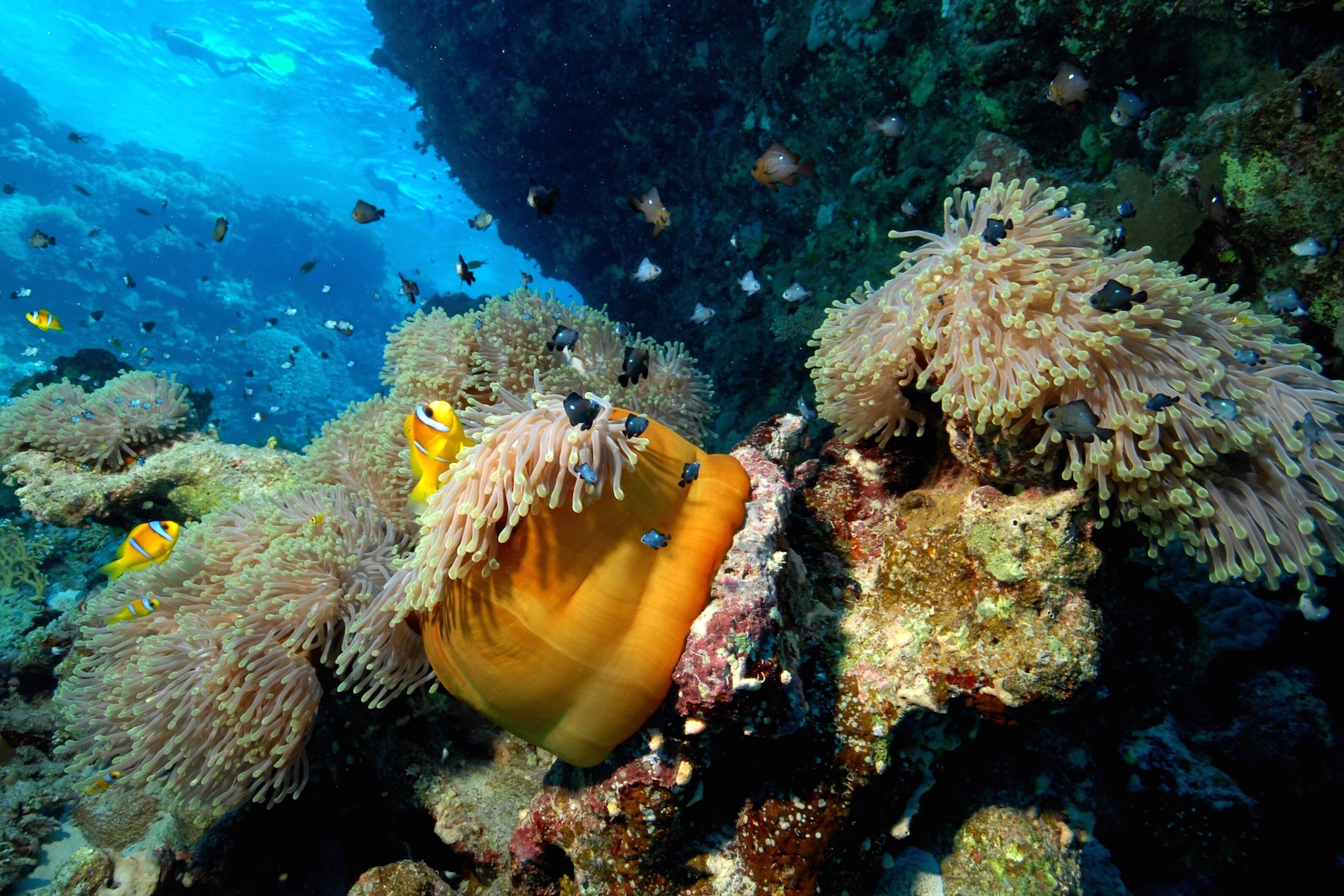The marine environment offers a unique challenge for the implementation of high precision measurement devices such as loadcells.

Foil strain gauges are modulus compensated for use with specific materials, which are themselves selected for their favourable mechanical properties. The two most common materials used in our sensors are Stainless steel 431- S29 BS970 and Aluminium alloy 2014A-T651. These materials typically provide good chemical and corrosion resistance but can become pitted after long term submersion in a salt water environment. This can cause problems if significant enough pitting occurs such that a sealing mechanism is bypassed and allows water to reach vulnerable electronics within the body of the loadcell. While loadcells that are hermetically sealed through welded case constructions would potentially offer better protection, as they do not rely on rubber gaskets or RTV sealants, they tend to have a significant drawback for marine applications. For every 10m depth of submersion in water, the pressure acting on the outside of the sensor will increase by 1 Bar.
Naturally, the pressure inside a hermetically sealed loadcell will always be at standard atmospheric pressure and, as the external pressure increases, the loadcell will be deformed. This will falsely register as an applied force due to the way that loadcells of all types function by controlled deflection of some mechanical element. It would be difficult to separate the true force measurement from the false reading without some mathematical correction, which sacrifices the traceability of the force measurement. Eventually the external pressure acting on the loadcell would be too great and the loadcell would be irreparably damaged. To solve this problem, Novatech have pioneered advanced techniques to protect the strain gauge components from water in a way that can withstand pressures of over 600 Bar, equivalent to a 6km water depth, with minimal measurement error.
This allows Novatech to provide loadcells to a wide variety of interesting applications including:
- Marine salvage operations
- Offshore energy production
- Sub sea tethers for communication and power cables
- Floatation device testing
- Mooring and towing forces
- Sailing vessel mast and pulley forces
- Hydrodynamics of vessels and other equipment
- Propeller bearing thrust and torque measurements
- Buoyancy tests using shearpin loadcells
- 3 Axis measurement of rudder forces
- Biological studies of sub sea creatures
Novatech are happy to take on challenging applications and can engineer solutions to all manner of problems. If you have an application requiring a submersible loadcell then feel free to contact one of our engineers for free advice and a no obligation quote. Please note that we do not have on site access to pressure vessels capable of 600 Bar testing. Any verification tests would need to be done at the customers expense. Warranty is limited for submersible loadcells due to the demanding environmental conditions.
